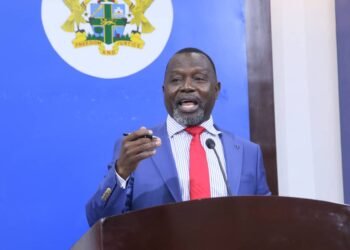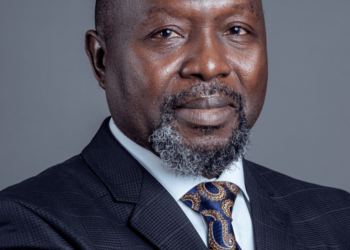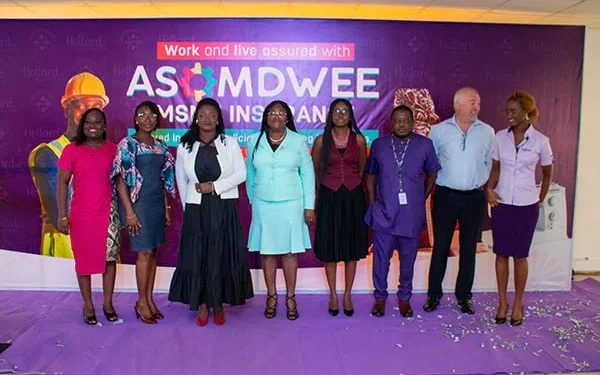The Ghana Ports and Harbour Authority (GPHA) has justified its decision to increase port duties, arguing that the decline in cargo volumes cannot be attributed to port service charges.
According to the Authority, its revision of tariffs which was effected on August 1, 2023, despite concerns raised by stakeholders, was because it was compelled to increase tariff due to the current global economic challenges, including inflation, and currency depreciation which have increased cost of operations.
It revealed that prior to implementation of the tariff, there were series of engagements with relevant institutions and stakeholders, including the Ghana Shippers Authority, Ghana Union of Traders Association, among others.
Furthermore, GPHA explained that these engagements started from April to July 2023, taking into consideration stakeholders concerns which resulted in the reduction of initial figures captured in the proposal and an extension of the implementation date from July to August. It expressed that the final notice of implementation was communicated to stakeholders on June 1, 2023, although some stakeholders expressed reservations about the increment and timing.
“Just like all other increments done in the past, the rates of increment in this year’s tariff adjustment were informed by the outcome of a comparative port tariffs studies we conducted in our neighboring Ports of Lomé and Abidjan, to ensure that at every given time, our ports will remain competitive in terms of price and quality of services.
“We wish to note that even with the increment of 1″ August 2023, overall, our port tariffs remain competitive compared to our neighbors… Our investigation revealed that the decline in cargo volumes cannot be attributed to GPHA’s service charges.”
Ghana Ports and Harbour Authority
Reacting to a statement from the Ghana Union of Traders’ Association President, Dr. Joseph Obeng, who called on GPHA to suspend the implementation of its new tariff as it will have a toll on crippling businesses, GPHA emphasized that the scope of the review was such that some tariff items were not increased, while others were restructured to address the distortions and lack of clarity in the interpretation and application of some tariff items.
“GPHA has no specific time for review. The decision to increase port tariffs comes after careful evaluation and consideration of various factors impacting the port’s operations. Indeed, records show that there was time when when port tariff was not reviewed for more than a decade.”
Ghana Ports and Harbour Authority
Charges at GPHA port
Justifying it reasons for increment, GPHA contended that its operations like other businesses has been impacted by increase in the price of fuel, water, electricity, machinery, equipment, among others. In light of this, it noted that while it understands the tariff increment may have short term impact on businesses, “it is essential to maintain a delicate balance between cost recovery and providing quality service”.
“GPHA is equally concerned about the low traffic volume, but that is no reason for the Authority to operate at a loss… GPHA’s charges as a component of the total cost of cargo clearance in the port is 6%. We are currently conducting a a study of the individual contributors and their share to total cost of cargo clearance in ports, so that together, we can engage and find possible solutions.”
Ghana Ports and Harbour Authority
Moreover, GPHA highlighted that it has invested millions of dollars in upgrading port infrastructure and an efficient port system, which will contribute to a reduction in operational costs for businesses. It also noted that the move will enhance productivity and facilitate smoother trade operations.
It will be recalled that President of the Ghana Union of Traders Association, Dr Joseph Obeng, expressed the need for the Ghana Ports Authority (GPHA) to suspend the implementation of new port charges.
He revealed that the implementation of the charges comes at a surprise to him and stakeholders in the country. He explained that there is an ongoing engagement with GPHA and due to that fact that it remains inconclusive, and both parties haven’t built any consensus, acting on the blindside of stakeholders is wrong.
READ ALSO: Parliament Sets Up Committee To Probe National Cathedral Project





















